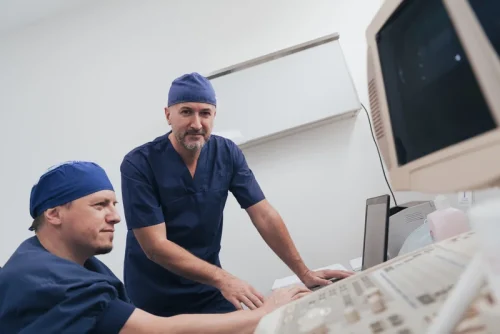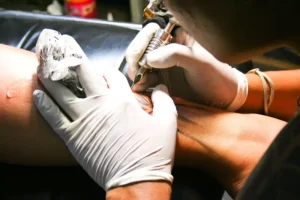This occurs because hepatocytes rapidly take up circulating NEFA,22 which, upon their entry into hepatocytes, are esterified with glycerol to form triglycerides. Also noteworthy is that alcohol cessation enhances hepatic fatty acid oxidation. Most people assume that an alcohol relapse starts the minute someone starts drinking again. However, studies suggest that relapse happens gradually and typically progresses through 3 stages. After 30 days of sobriety, physical withdrawal symptoms should be well in the past. «Now that most of the physical symptoms have gone away, time to work at staying sober. This is usually where I mess up and drink because I am feeling better and think I can handle it. I know I can’t.»
Stage 3: Physical Relapse
«Haven’t listened to the little voice. Thinking about all the money I’m saving. The only issue besides the little voice is insomnia, but [I’m] getting some sleep. My blood pressure and heart rate have come down to just about normal.» «Anxiety, dizzy, no sleep, exhausted. Does anyone ever feel like an electric current sometimes runs through your body? But it’s getting better every day.» «The more time that goes by, the clearer the picture becomes. I see my triggers, and I work through them. I’m always thirsty and drink a lot of water. I’m still not sleeping through the night.»
How Long Does Alcohol Stay in Your System?
- Sobriety is kind of like the fast-pass line at Disneyland, except the ride is growing up.
- While coffee or cold showers might make you feel more alert for a short time, they do not impact your BAC level.
- “The reason people are becoming tired of dating apps is because there’s so many options, you have unlimited swipes on a Tinder, Bumble or Hinge,” explains Urvater.
- Alcohol withdrawal can begin within hours of ending a drinking session.
- While there are people who can go back to casual drinking after a period of sobriety, most people who have succeeded in doing so were perhaps not alcoholics in the first place.
As seen in Verywell, Healthline, Psych Central, Everyday Health, and Health.com, among others. Milestones in sobriety (e.g., 24 hours, a month, three months) are celebrated to recognize drinking again after sobriety the incredible hard work that’s been accomplished through staying sober for a certain length of time. They can help motivate a person to remain sober to reach the next milestone.

More From the Los Angeles Times
You may have heard before that “the first 30 days can be the hardest,” and experts tend to agree. During this time, the body and mind go through a substantial process of recovery. Here’s more information on alcohol withdrawal symptoms you may experience that make this an uncomfortable, yet really important time of recovery and reset. From acute alcohol withdrawal, to the ‘honeymoon phase,’ to post-acute withdrawal and beyond, individuals experience a range of physical and psychological changes throughout year one of sobriety.
- «I’m feeling fantastic. I have lost weight, and my skin looks amazing [I suffered from rashes all over my body and face]. My energy and confidence are back. It is wonderful.»
- This might seem like a terrible thing; this is not a terrible thing.
- The number one expert recommendation for making progress in recovery is to consistently engage with a treatment program and recovery community.
- This article discusses the meaning of sobriety and arms you with information and strategies to smooth—and stay on—your path to wellness.
- At the end of four to six months of treatment with the Sinclair Method, 80% of people who had been overusing alcohol were drinking moderately or abstaining entirely.
Although these new activities are healthy and productive, they can be a stumbling block to lasting recovery if they become a transfer addiction to fill the void left by the original addiction. Financial troubles and problems finding and keeping employment are major triggers for relapse, but it is possible to take baby steps and get your finances in order. https://ecosoberhouse.com/ Having a chaotic or disorganized lifestyle can also hinder your recovery. It’s important to develop a structured daily and weekly schedule and stick to it. Research shows that if you maintain these types of toxic relationships, your chances of relapsing are greater. To avoid relapse and remain sober, it’s important to develop healthy relationships.

Is There a Faster Way to Sober Up From Alcohol?
- Although it is not clear whether oxidative or nonoxidative alcohol metabolism actually occurs in bone tissue, it is clear that alcohol exposure to osteoblasts inhibits their proliferation by causing oxidant stress.
- Post-acute withdrawal syndrome (PAWS) involves withdrawal symptoms that persist past the detox period.
- Medication-assisted treatment is a method of treating substance use disorders through a combination of medication, counseling, and behavioral therapy.
- «I am much calmer, anxiety has subsided, stomach better, have an appetite, and sleeping eight hours without waking up at 4 a.m.»


